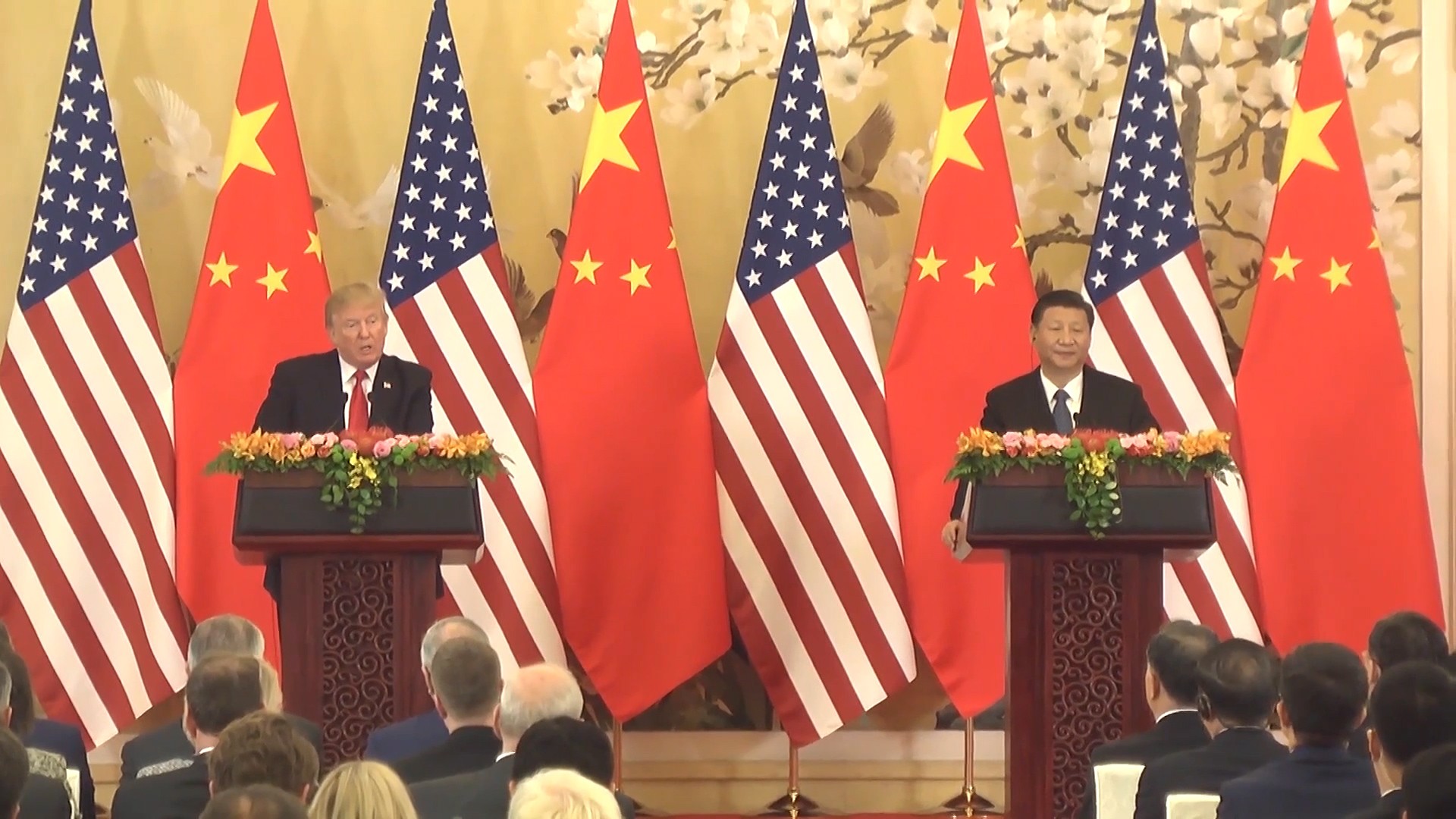Getty Images
Chinese smartphone manufacturer ZTE hit back at the White House Friday, calling a U.S. export ban “unacceptable” and damaging to American business.ZTE said it would consider taking legal action to reverse the ban, which it claims will “severely impact the survival and development of ZTE” as well as harm “a large number of U.S. companies.”The U.S. government earlier this week imposed a seven-year ban on ZTE for failing on commitments it made last year after it was exposed for selling products to Iran and North Korea, in violation of U.S. sanctions.Shares in the Massachusetts-based Acacia Communications plummeted 36 percent Monday; the company generated 30 percent of its total revenue from the Chinese manufacturer in 2017.ZTE admitted to illegally shipping the telecoms equipment last year and paid a $1.2 billion fine. It also agreed to discipline executives responsible, but the Department of Commerce's Bureau of Industry and Security said that the company made false statements about reprimanding employees.ZTE denies this, saying it has invested more than $50 million in its export control compliance systems to prevent illegal trades in the future, has established a compliance committee led by its CEO, and has conducted compliance training for more than 65,000 employees.“It is unacceptable that BIS insists on unfairly imposing the most severe penalty on ZTE even before the completion of investigation of facts, ignoring the continuous diligent work of ZTE and the progress we have made on export compliance,” the company said in a statement.There has been a wave of support in China for the company, with one restaurant offering free lunches for ZTE staff members, and posting a banner saying: “If it were not because of ZTE’s strength and ability to represent China, it would not have been punished like this.”State-run newspapers have used the ban to point out that China should be investing more heavily in its own chip industry, rather than relying on overseas companies to supply its manufacturers. In 2017, China imported $11 billion worth of semiconductor-related parts just from the U.S.READ: China is opening its economy to foreign car manufacturersThe ban comes amid a wider trade dispute between Beijing and Washington, with President Donald Trump threatening tariffs on $150 billion worth of Chinese imports. China has reacted in kind, imposing taxes on agricultural goods designed to hit suppliers in states where Trump has the strongest support.The U.S. government has been heavily critical of Chinese telecoms companies, warning consumers not to buy smartphones made by Huawei over ties to the Chinese government. The White House even scuppered a recent deal between Huawei and AT&T.Huawei is the world’s third-biggest smartphone maker, but has virtually no presence in North America.ZTE, on the other hand, has carved out a significant slice of the American market in recent years and is currently the fourth largest smartphone vendor in the U.S.It has sought to boost its visibility with sponsorships of the Houston Rockets, the New York Knicks and, crucially, the Golden State Warriors in 2015 when they won the championship. Cover image: Visitors test smart phones at the ZTE's stand during the Mobile World Congress in Barcelona on February 23, 2016, during the first day of the world's biggest mobile fair that runs to February 25. (LLUIS GENE/AFP/Getty Images)
Cover image: Visitors test smart phones at the ZTE's stand during the Mobile World Congress in Barcelona on February 23, 2016, during the first day of the world's biggest mobile fair that runs to February 25. (LLUIS GENE/AFP/Getty Images)
Advertisement
Advertisement

